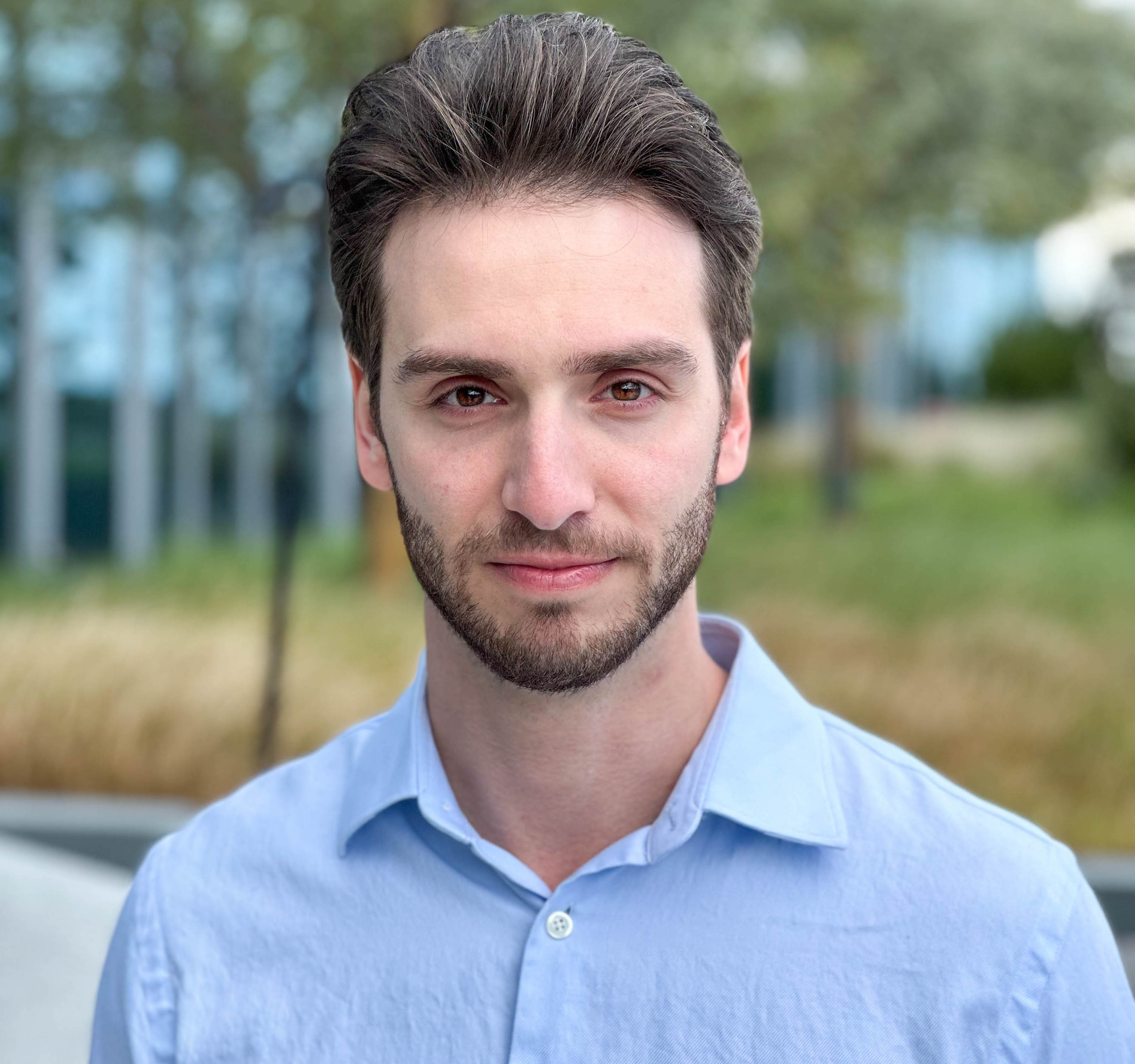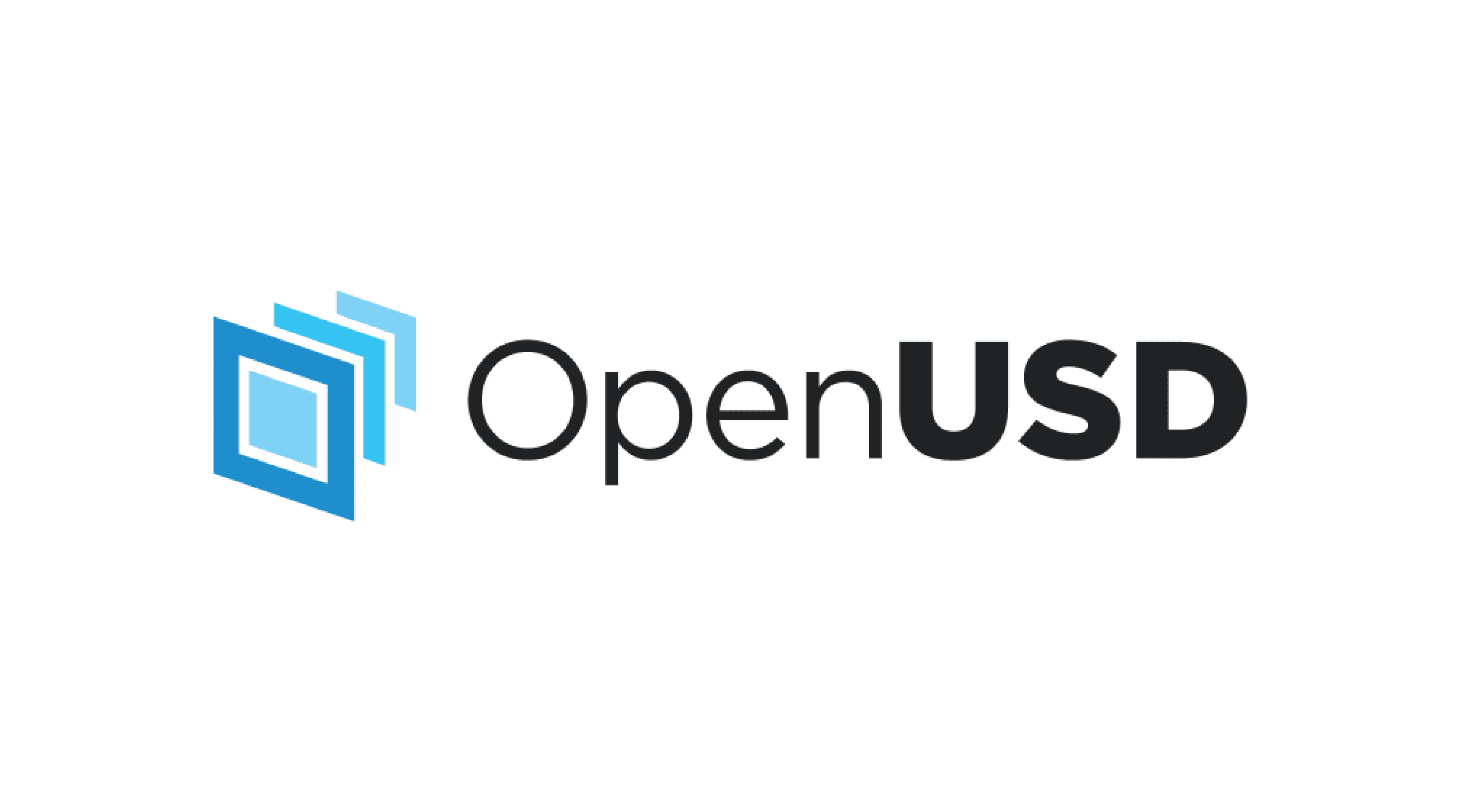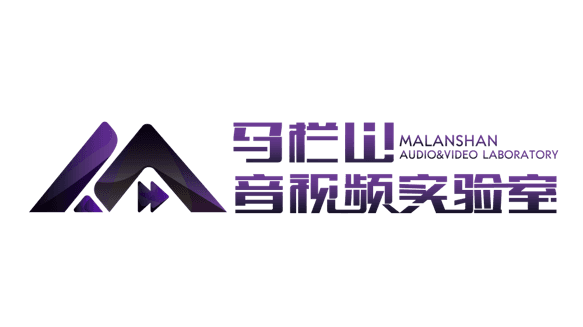

Varjo has officially announced the release of Teleport 2.0, a major update to its 3D Gaussian Splatting service that significantly enhances how 3D spaces are captured, shared, and experienced. This new version dramatically improves reconstruction fidelity and, in my view, now competes with the best cloud-based platforms — if not surpasses them as the new market leader.
The 2.0 version brings faster workflows, broader compatibility, and groundbreaking new features, all accessible from a browser.
The original release of Teleport brought high-resolution 3D scanning to anyone with a smartphone. Now, Teleport 2.0 expands that offering by supporting additional capture methods. Users can upload datasets from DSLRs, drones, or any other 2D image source. The iOS app now also supports the iPhone’s ultra-wide (0.5×) lens, enabling wider coverage of a space with fewer images. iPad support has also been added, providing a larger interface for scanning and review.
Upload limits have been expanded: image sets can now include up to 5,000 photos or 5GB of data, and videos can range from 30 seconds to 15 minutes (also capped at 5GB). A redesigned processing interface also makes it easier to track the progress of your captures.
What really sets this release apart is how it turns static scans into spatial narratives. With portals, creators can link multiple captures together, allowing viewers to seamlessly transition between locations. Waypoints and virtual tours guide visitors through curated paths, while tools for reorientation and scaling offer fine control over how scenes are presented across devices.
If you already have a trained .ply file? You can now upload it directly to Teleport to view using their WebGPU-powered viewer, including in VR.
The engine powering Teleport has also received a significant boost. Version 2.0 leverages enterprise-grade GPUs and the latest advancements in radiance field reconstruction, using Gaussian Splatting to produce high-fidelity visuals. WebGPU ensures fast, stunning performance in modern browsers, while WebGL fallback maintains compatibility with older systems.
With this release, Varjo has clearly raised the bar for reconstruction capabilities, in addition to now offering some compelling functionalities, such as WebGPU, waypoints, and expanded data sources.
Teleport is a paid service, but a free trial is available for first-time users. To learn more or get started, visit teleport.varjo.com.







